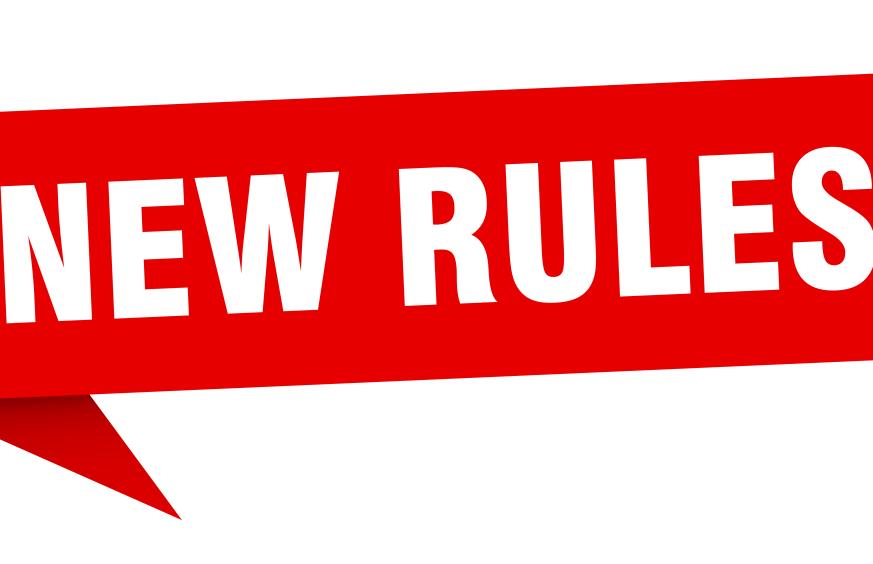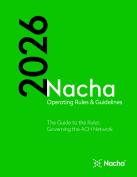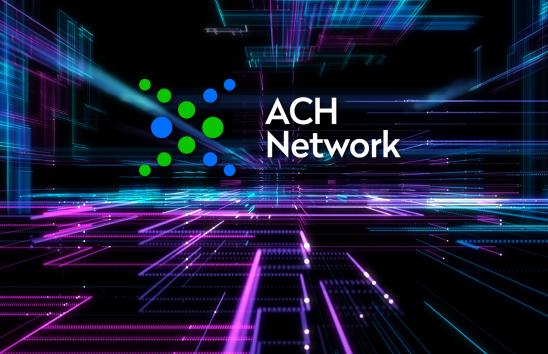New Rules to Reduce Successful Fraud Attempts and Assist Fund Recovery Now in Effect. Here’s What they Mean for Your FI

Reducing successful credit-push frauds—and improving funds recovery—is something all financial institutions should be doing. A package of Nacha Rule changes to help in those efforts went into effect Oct. 1.
Several of the new rules are really an expansion of existing rules, aimed at giving banks and credit unions additional tools they can opt to use with questionable entries. Another change is meant to improve the process when there’s a claim of an unauthorized entry or an entry authorized under false pretenses.
Two of the changes concern use of certain Return Reason Codes. RDFIs will be able to use Return Reason Code R17 to return any entry believed to be questionable or potentially fraudulent. The Rule will allow this use of R17 but won’t require it.
Also, the Rules will permit additional uses of Return Reason Code R06, allowing an ODFI to request a return from the RDFI for any reason. The RDFI can choose whether or not to comply but must respond to the request.
Another Rule adds an exemption from funds availability requirements: RDFIs will be able to cite credit ACH Entries they suspect are originated under false pretenses. This rule is optional, and RDFIs are still subject to regulations covering funds availability.
The timing of a Written Statement of Unauthorized Debit (WSUD) is the focus of another rule. It allows a WSUD to be signed and dated by the Receiver on or after the date on which the entry is presented to the Receiver. Previously, the Rules required that the WSUD be dated on or after the entry’s Settlement Date.
In addition to accepting WSUDs prior to the Settlement Date of an Entry, RDFIs returning an ACH debit as unauthorized or improper now must do so by the opening of the sixth Banking Day following the completion of its review of the Receiver’s signed WSUD.
“While several of these new rules are optional, and can be used at the discretion of a bank or credit union, Nacha hopes FIs will decide in favor of using them,” said Debbie Barr, AAP, CTP, Nacha Senior Director, ACH Network Rules Process & Communications. “Fighting fraud has always been important, and with credit-push frauds such as business email compromise on the increase, these rules are meant to add to the arsenal FIs have.”
Learn more about the new Rules that went into effect on Oct. 1, 2024, on Nacha.org.







